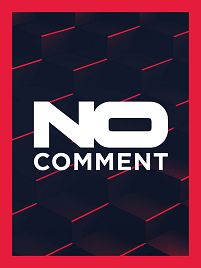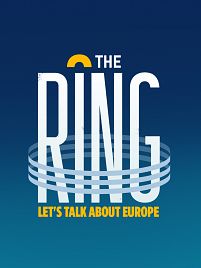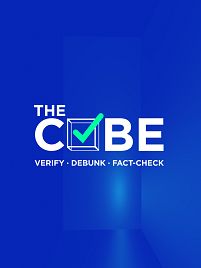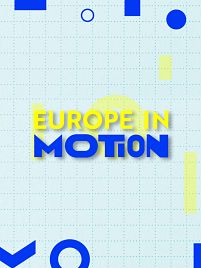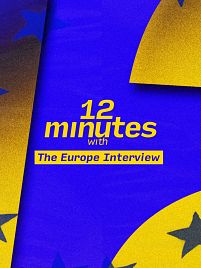Israelis flocked to malls and sandy beaches on Tuesday (September 17) enjoying the hot weather on election day, officially a sabbatical day in Israel.
Opinion polls put former armed forces chief Benny Gantz's centrist Blue and White party neck-and-neck with Netanyahu's right-wing Likud, and suggest the far-right Yisrael Beiteinu party could emerge as kingmaker in coalition talks.
One Tel Aviv resident visiting family in the coastal city of Hadera said the previous elections and the current round were no different. Another voter sunbathing on a sandy beach in the coastal city of Netanya said Netanyahu is the best prime minister and Israel is at the stage of "to be or not to be".
The two main parties' campaigns in Israel's second parliamentary election in five months point to only narrow differences on many important issues: the regional struggle against Iran, ties with the Palestinians and the United States, and the stable economy.
An end to the Netanyahu era would be unlikely to lead to a big change in policy on hotly disputed issues in the peace process with the Palestinians that collapsed five years ago.
Netanyahu has announced his intention to annex the Jordan Valley in the occupied West Bank, where the Palestinians seek statehood. But Blue and White have also said it would strengthen Jewish settlement blocs in the West Bank, with the Jordan Valley as Israel's "eastern security border".
The election was called after Netanyahu failed to form a coalition following an April election in which Likud and Blue and White were tied, each taking 35 of the 120 seats in the Knesset or parliament.
Netanyahu, 69, has cast himself as indispensable and blighted by voter complacency over his tenure - the longest of any Israeli prime minister. He was prime minister from June 1996 until July 1999 and has held the post since March 2009.













